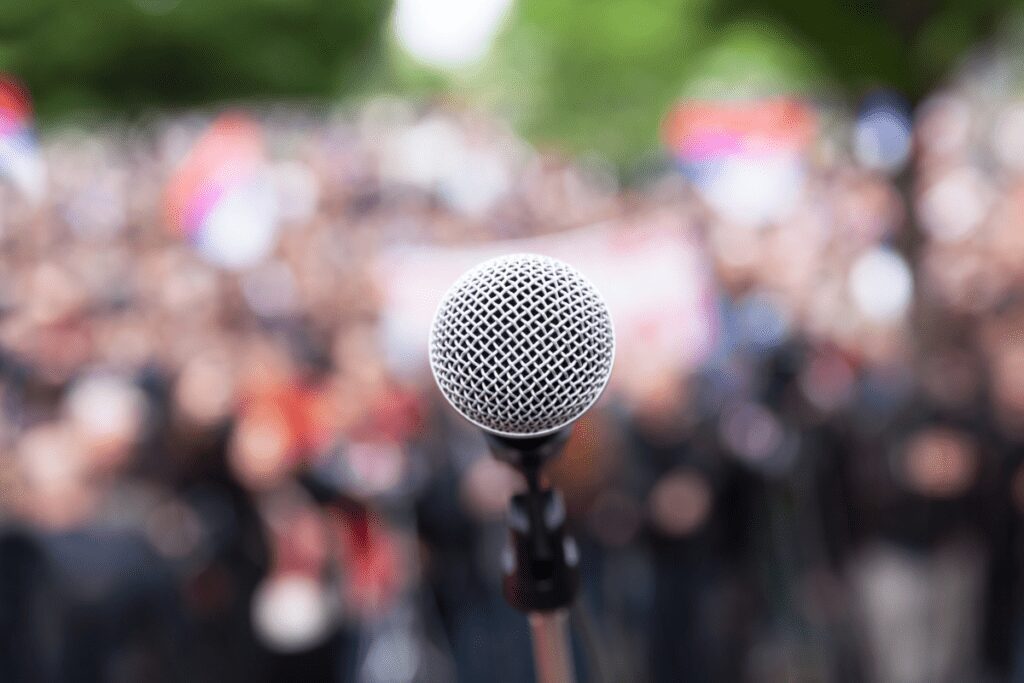Written by contributing author, Rev. Dr. Yolanda Denson-Byers
Photo by Mihajilo Maricic
Since Mr. George Floyd was murdered, many of my Christian, loving, and well-meaning European-American friends have been asking me two questions. The first is, “If I am not racist, then what does this have to do with me?” The second is, “Well, I feel bad about racism, but what can I do about it?”
My answers have been consistent. The initial, and most important step, is to acknowledge that racism is real and that white privilege exists. One of the best ways to learn about how white privilege works in America is to read Peggy McIntosh’s article, Unpacking the Invisible Knapsack. In it, she does a masterful job of describing the unearned advantages conferred by her whiteness and makes an appeal not just for more education, or a reformation of attitude, but also the revolution necessary to create justice for all.
The next step, after being fully convinced that racism and white privilege is real, is to acquiesce that there is only one way to permanently stop systemic racism. It is for white folks, of good will, to become actively anti-racist, choosing to use their privilege to tear down systems of repression and rebuild them in the image and likeness of God.
Here, I have begun to talk specifically to Christian, European-Americans. For I believe that it will not be until we agree that racism is a sin issue, which grieves the very heart of God, that we will experience true lamentation and active repentance. This acknowledgment may also provide the impetus to resist protest fatigue, after this current milieu.
It is a sad fact that mortals often become apathetic when metamorphosis is slow. My concern is that while the video of Floyd’s death was initially enough to spur countless crowds toward deep sorrow and passionate response, it may not prove sufficient to encourage the generational advancements that will be demanded for years to come.
While I am concerned, I have not yet lost hope. I am very inspired by the rise of the Black Lives Matter Movement, as well as the numerous European-Americans, demonstrating in the streets, demanding a reversal in the ways that both civic, and governmental structures, are currently interacting with non-white beings. I have increased faith that perhaps my own children—or grandchildren—will inherit a better and safer world.
To this end, I am incredibly grateful for those who are protesting. They are doing a lot of the heavy lifting toward helping our country see the immediate crisis at hand. However, I know that some of my European-American allies do not feel safe taking to the streets in this way. When these folks ask me what else can be done, I assert that there are as myriad answers to this question, as there are human beings.
Personally, I advocate that my white friends educate themselves by reading books and articles, listening to podcasts, and/or watching movies. I ask them to listen to and learn from people of color. I challenge them to courageously speak up to interrupt racism, when confronted by hateful words or actions, especially when found in their own families. Finally, I pray that my friends will intentionally teach the children in their lives the truth about race in America, encouraging those kids to become fierce advocates for the civil rights of humankind.
In closing, I implore all my readers to remember that your siblings of color have no choice about whether to confront racism every day. It is the very air that we breathe. Therefore, I am boldly asking that our European-American allies make the choice to stand with us as often, so that together, we can eradicate systemic racism and discrimination from our country and our world. Change has been a long time coming, but by God’s grace, I believe it will come.
Amen, let it be so …
About the Author
The Rev. Dr. Yolanda Denson-Byers currently serves as the pastor of Faith Lutheran Church (ELCA) in Becker, Minnesota. They are a missional church which affirms that, “All are welcome; with no exceptions!”

